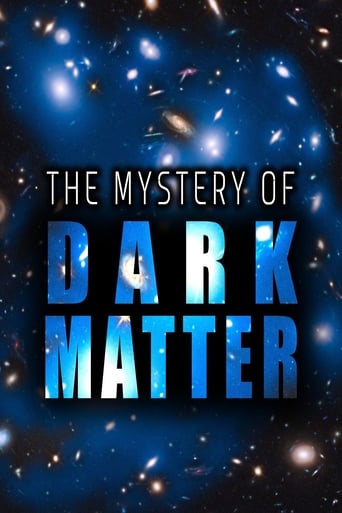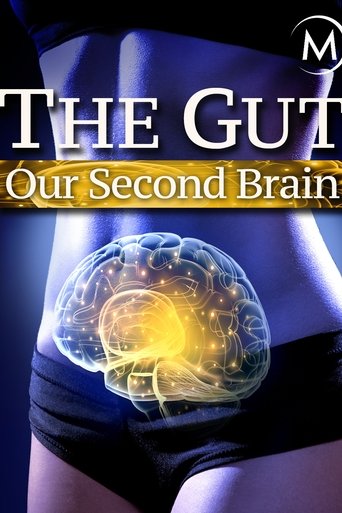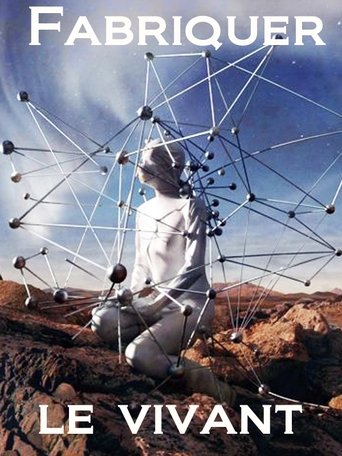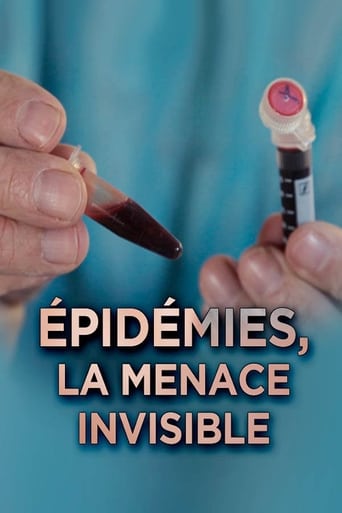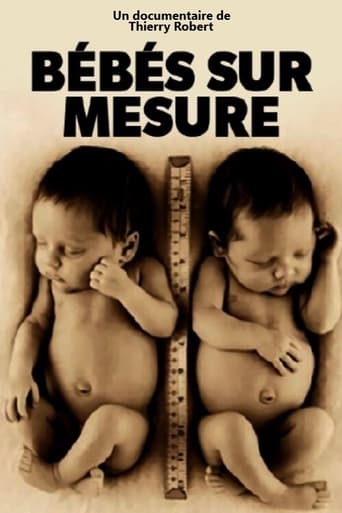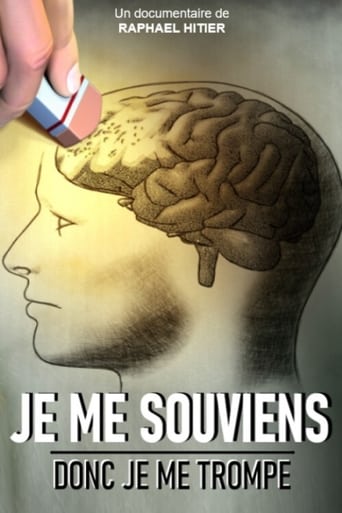The Mystery of Dark Matter 2012
Dark matter fills the cosmos, and yet its identity is still unknown. For the first time, a film portrays the wild scientific quest find out what it is. This breath-taking thriller leads us to the dawn of a scientific and metaphysical revolution, akin to Copernic's or Galileo's. It could totally change the way we perceive our world.
